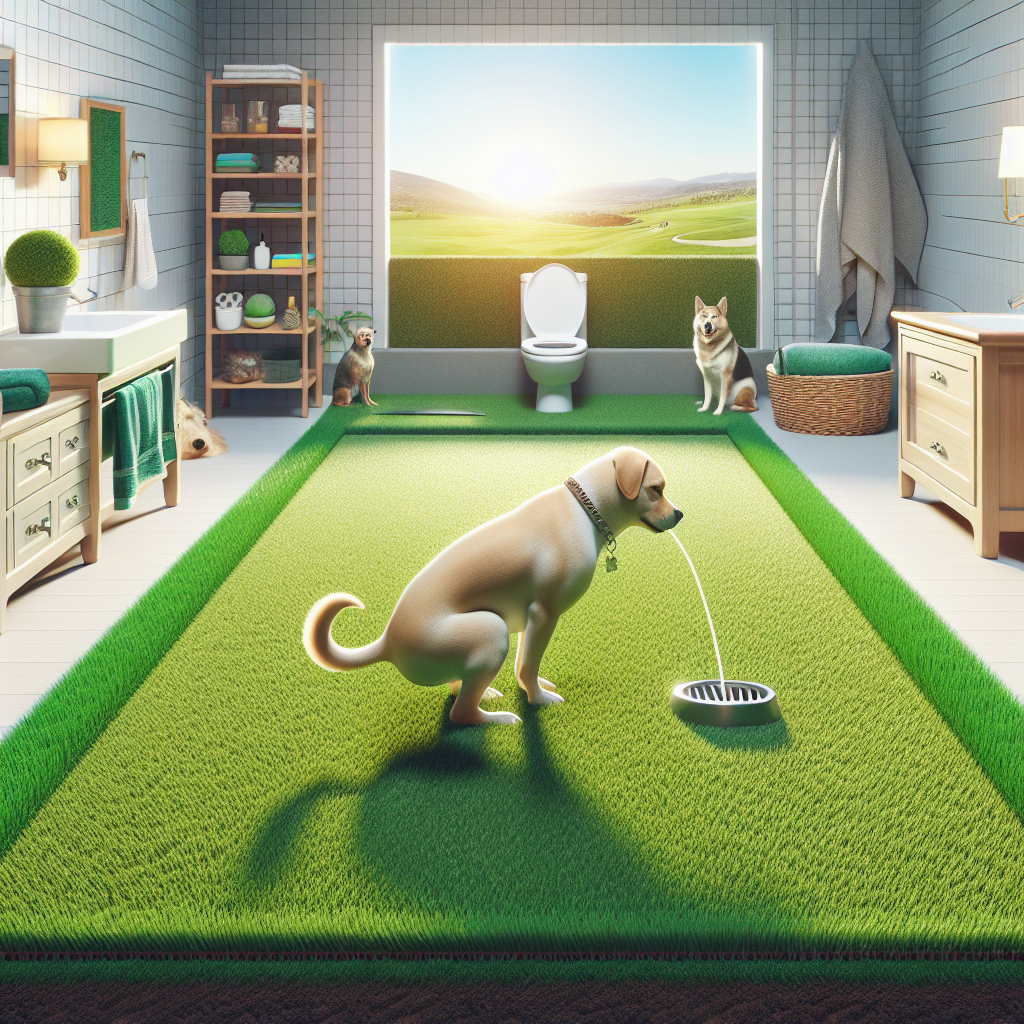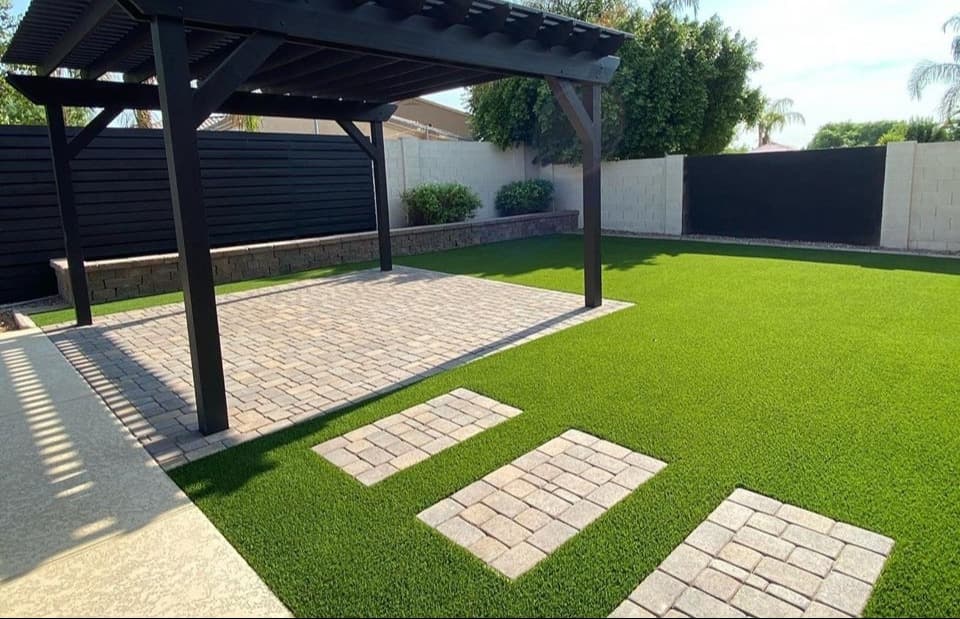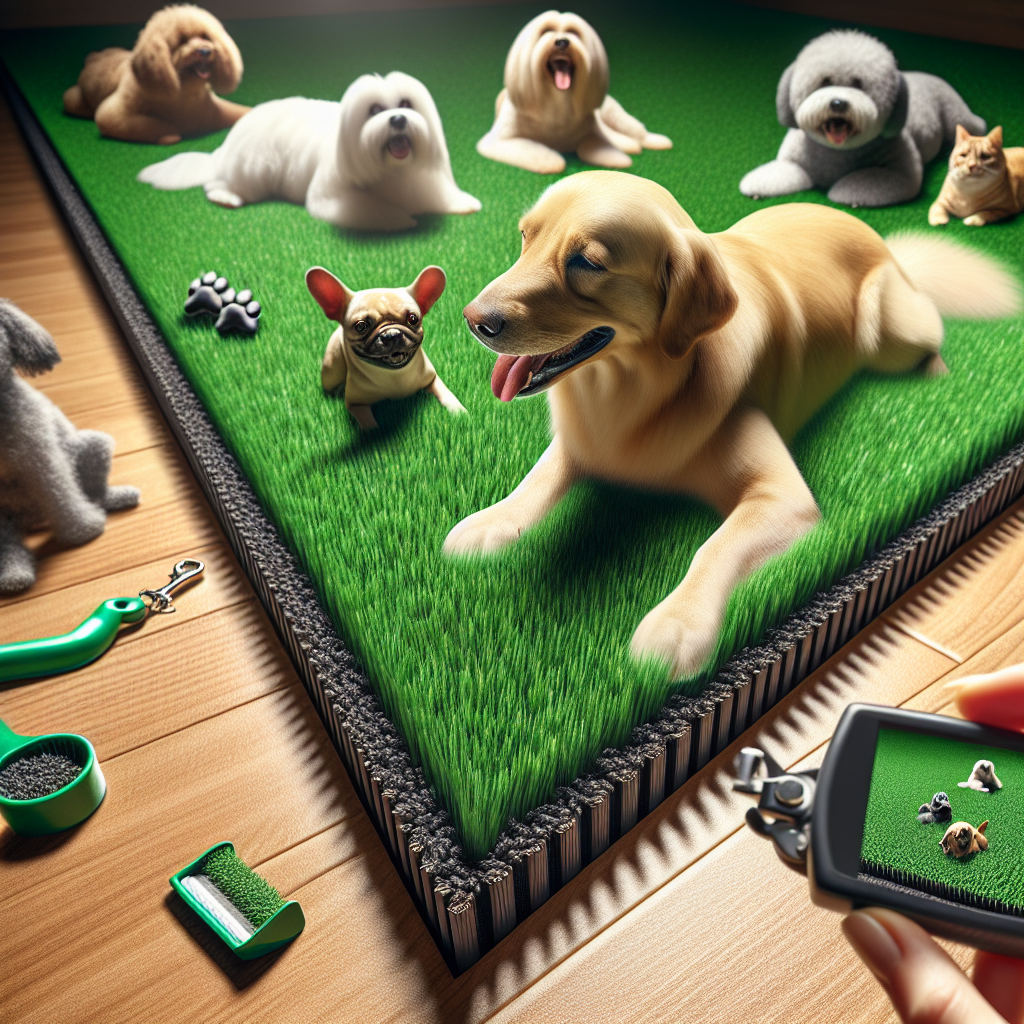
Picture this: a beautiful, lush green lawn that remains vibrant throughout the year, requiring minimal maintenance. This dream is made possible by artificial grass. However, if you’re a pet owner, particularly of dogs, you might wonder: Will dogs pee on artificial grass? The answer is yes, but don’t worry—there are ways to manage it effectively. Let’s explore how to keep your synthetic lawn pristine while ensuring it’s dog-friendly.
Imagine never having to mow, fertilize, or water your lawn again. Artificial grass offers a hassle-free alternative to natural lawns, especially appealing to pet owners. It’s durable, easy to clean, and can withstand the wear and tear that comes with having pets. But what happens when your furry friend decides to use it as their restroom?
One of the primary benefits of artificial grass is its durability. High-quality synthetic lawns are designed to endure heavy traffic from playful pets. If you’re interested in learning more about maintaining such a resilient landscape, check out our guide on how to maintain your artificial lawn.
Unlike natural grass that can become patchy and muddy, artificial grass remains lush and green regardless of the season. This makes it an excellent choice for homeowners who want a consistently beautiful backyard.
Dogs tend to mark their territory, and artificial grass is no exception. They are naturally inclined to urinate on surfaces they recognize as outdoor spaces. This behavior is instinctual and not specific to synthetic lawns.
Just like with natural grass, dogs will sniff around and choose a spot to relieve themselves on artificial grass. This is a normal part of their behavior and something that pet owners should anticipate.
Artificial grass provides a soft and comfortable surface for dogs to walk and play on, making it an inviting spot for them to do their business.
While dogs peeing on artificial grass is inevitable, maintaining cleanliness and hygiene is straightforward. Regular cleaning and proper maintenance can help preserve the appearance and functionality of your synthetic lawn.
Rinse the affected areas with water frequently to dilute the urine and prevent odors. Using a garden hose for this task can be quite effective.
There are numerous enzymatic cleaners available specifically designed for pet waste. These products break down the urine molecules, eliminating odors rather than just masking them. For more detailed cleaning tips, you might find our article on maintaining your artificial lawn quite useful.
Nobody wants a smelly yard. Thankfully, there are several methods to control and eliminate odors associated with dog urine on artificial grass.
Certain infill materials are designed to absorb moisture and neutralize odors. Zeolite infill, for example, is a popular choice among pet owners for its odor-controlling properties.
A simple mixture of baking soda and vinegar can be an effective natural deodorizer. Sprinkle baking soda over the affected area, allow it to sit for a few minutes, then rinse with a mixture of water and vinegar.
No, high-quality artificial grass is designed to withstand pet waste without damage. However, regular cleaning is essential to prevent odors.
Yes, artificial grass can be sanitized using specialized cleaning solutions or a mixture of household items like baking soda and vinegar.
Absolutely! Artificial grass is safe for pets and provides a comfortable surface for them to play on. Learn more about the benefits of pet turf in our article on the benefits of pet turf for your home.
In conclusion, while dogs will indeed pee on artificial grass, managing this behavior is straightforward with regular maintenance and effective cleaning solutions. Embrace the benefits of a lush, green lawn that stays beautiful all year round without the hassle of traditional lawn care. For further insights on creating a pet-friendly backyard with artificial grass, explore our comprehensive guide on designing the perfect backyard with artificial grass. Enjoy the best of both worlds—a beautiful lawn and a happy pet!
For additional information on maintaining your synthetic lawn and other landscaping tips, visit our landscape page.


